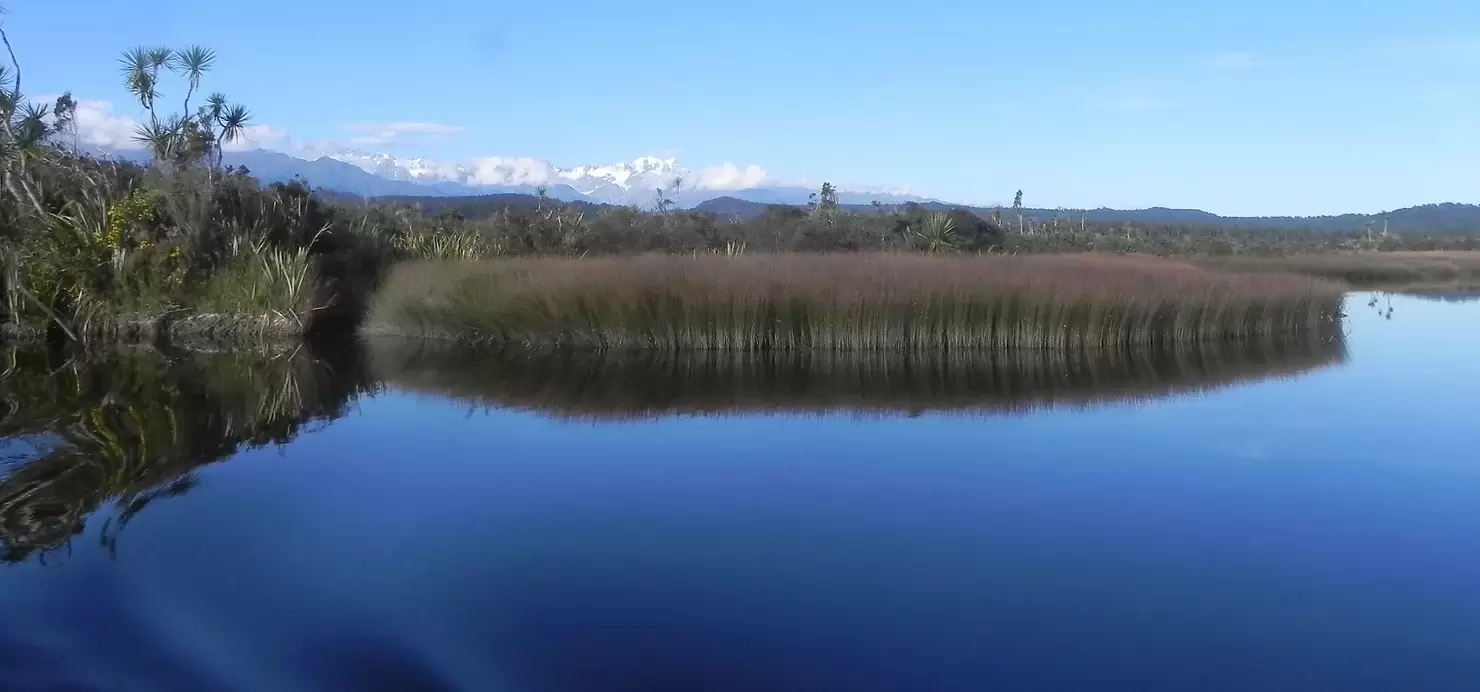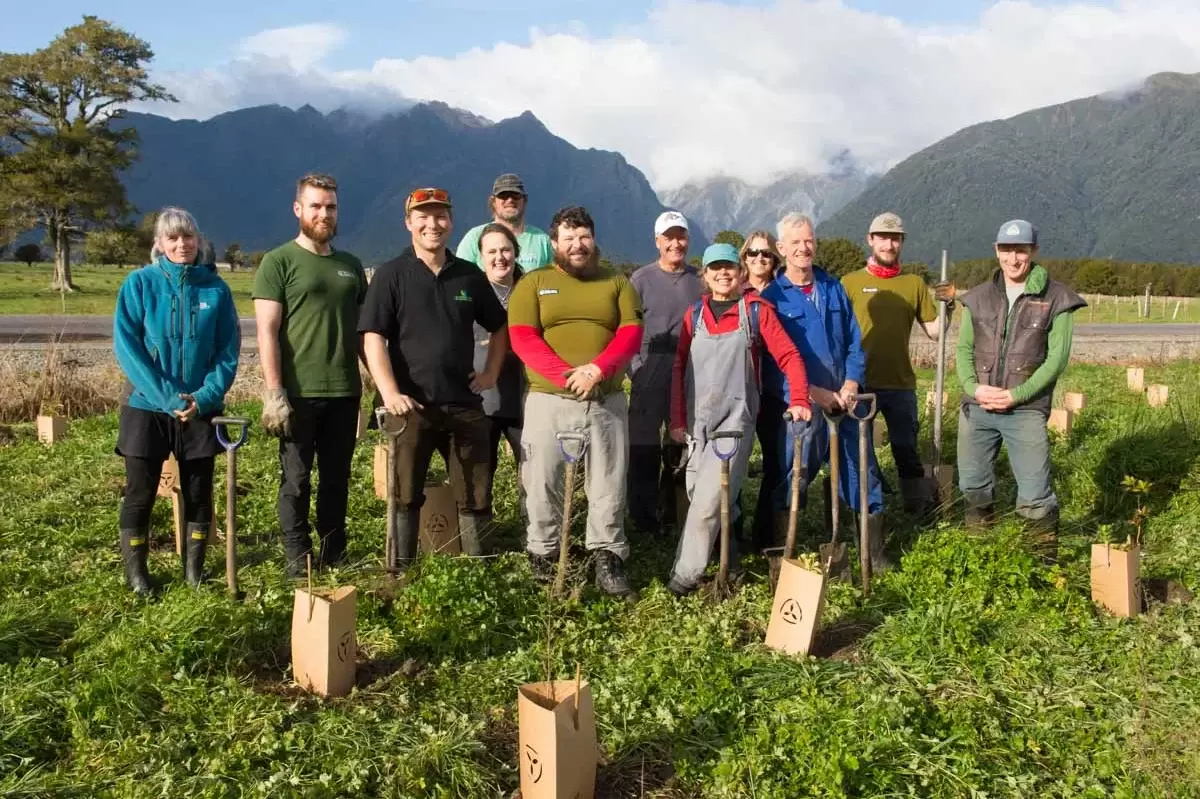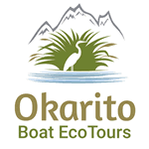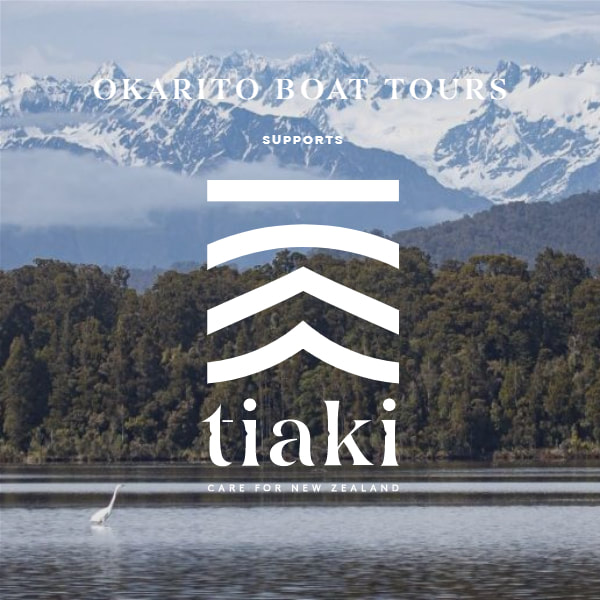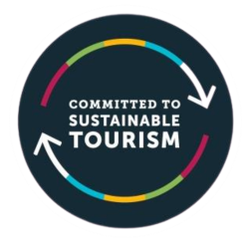|
As the tourism season winds down on the West Coast during autumn, our focus shifts to an endeavour that brings our community together: the Okarito Plant Project. Launched in May 2023, this project is the result of innovative planning and a shared vision for conservation among a dedicated group of individuals from across Glacier Country. Building Community Through the Okarito Plant ProjectOur core group of "founding members" includes us at Okarito Boat EcoTours, Tash & Cliff from Glacier Valley Ecotours, Chris Alexander from Matheson Cafe in Fox, Franz Josef Glacier Guides, and Jo & Julie from Ribbonwood Retreat B&B in Franz Josef. This diverse representation from the communities of Fox Glacier, Franz Josef, and Okarito has been crucial in shaping and driving the project forward. We are also supported by advisory roles from Development West Coast and the Nature Economy Project, led by Zak Shaw, and Sam Speight from Landcare NZ Trust, who liaises with the essential landowners involved. One of our most inspiring projects is in Whataroa, where we are transforming 12 acres of retired farmland into a reserve. This area, featuring old totara stands, ponds, and streams, is being restored to its natural forest state to support native insects and birds. Okarito Plant Project MilestonesHaving begun with an ongoing planting project near Lake Matheson, Fox Glacier , we have also now completed three rounds of planting at the this Whataroa farm - the Purcell Reserve, including planting this week around a pond and stream area. After a recent rain, we were excited to see the stream flowing, imagining how the sedges we planted will trap silt and sediment from upstream farms. This sediment trapping is crucial as we live downstream at the Okarito wetlands, which seem to be slowly but steadily filling with sediment—a process accelerated by natural landslips and intensified storms. Heavy rains are a hallmark of the West Coast, but the increased intensity of storms and some more intensive farming practices may exacerbate sedimentation and reducing fish, insect, and bird populations. Our sedges act as filters for this sediment, while grasses stabilize the soil, and bushes and trees provide shade and shelter. By planting only ecosourced native trees from the Okarito Native Plants Trust, we ensure nearly 100% success rates in our plantings, which we regularly maintain. Volunteer Planting Efforts EvidentThe results are already visible: bushes are fruiting, and plants are hosting spider webs, which are vital for the local bird population. Beyond the environmental impact, the project has brought immense joy and pride to landowners and volunteers alike. Each planting day feels like a celebration, with participants from all over—Fox, Franz, Okarito, and beyond—coming together to give back to this beautiful land.
One of our members recently remarked on the sense of community we've created, as we looked around at our diverse group of volunteers, united by their love and dedication to the land. This project is more than just planting trees; it's about fostering a deep connection to the environment and to each other, making a lasting impact on the West Coast and its natural heritage. Through the Okarito Plant Project, we are building a community of conservationists who are committed to preserving and restoring our precious ecosystems. The gratitude and pride we feel, along with the joy of working together towards a common goal, are truly unparalleled. #OkaritoPlantProject #WestCoastNZ #WestCoastNewZealand #Conservation
0 Comments
As the founders of the Okarito Plant Project, Okarito Boat EcoTours is deeply committed to blending community involvement with the tourism experience to give back to our neighbours and the land. On a beautiful, crisp, clear day on Thursday, May 23, we embarked on another meaningful planting mission in Whataroa. The day began with the mist lingering over lakes and forests, setting a picturesque scene as we prepared to breathe new life into a cherished piece of land owned by Steve and Mike Purcell. This land, filled with memories of their family’s farming heritage, was ready for a new chapter of regeneration. While the Purcell brothers aren’t self-proclaimed environmentalists, they recognize the importance of restoring 12 acres of their farmland. They farmed the land as everyone did, always keeping some aside, and now they aim to bring back the forest that once thrived here. It’s striking how few birds we see on our planting projects—often none. Our volunteers, mostly tour operators and guides accustomed to wildlife-rich environments, hope to reintroduce birdlife to these lands. Restoring these pockets of land is beneficial for our communities, our water, our land, and all of us. The joy and fulfilment we feel from this work are indescribable. On this day, we were joined by a wonderful team of volunteers. Leading us was Sam Speight from Landcare Trust, our invaluable liaison. In just 2.5 hours, we transformed the prepared site, thanks to Mike and Steve's meticulous organization. Despite the rocky river gravel beneath our spades, we planted 265 eco-sourced native plants, ranging from carexes along the stream bed to flax, various coprosmas, ribbonwoods, and totara. Our efforts were celebrated with a well-deserved lunch at the Lonely Stag Cafe, courtesy of Steve. We enjoyed our meal while listening to Steve's engaging stories about life on the West Coast.
This was our second planting at the Purcells', building on our initial efforts in December. Next, we’ll focus on planting the edges of an old pond, now cleared of fencing and concrete. We can’t wait to rejuvenate this area with sedges and grasses. Stay tuned for more updates, and we’ll keep you posted on the return of the birds! #WestCoastNewZealand #Whataroa #SouthWestland #OkaritoPlantProject As I was on a drive, an innovative idea started to form in my mind. I had been contemplating images of a traveler with a backpack, a cow, and a stream on my computer, trying to connect these seemingly unrelated elements. Gradually, a groundbreaking concept emerged that came to be known as the Ōkārito Plant Project. This initiative would soon become a powerful tool to stimulate communities to restore and protect natural ecosystems, promoting biodiversity, and revitalising essential forests, water bodies, and wetlands. Riparian Planting - A Major Goal in Environmental Sustainability As members of the Ōkārito Native Plants Trust, we had been grappling with the challenge of implementing riparian planting on farms. Despite our efforts, we kept encountering obstacles, particularly when it came to securing funding for farmers. We began to understand why farmers were also struggling to make progress in this area. That's when it struck us. What if we could bring tourism businesses into the picture? They could help get the plants in the ground for farmers eager to contribute to conservation efforts. This approach would bypass the need for complex funding grants, enabling us to start planting immediately. Forging Partnerships in the Name of Nature PreservationDevelopment West Coast played a crucial role in refining this concept and bringing it to life. Alongside them, Landcare Trust has been instrumental in bridging the gap between us and the farming community. With extensive knowledge of farms and understanding of suitable plant species our newly formed connection has proven invaluable.
The Ōkārito Plant Project has brought together people from various walks of life, including local schools. It's a true community effort aimed at protecting our waterways with the plants we grow. By uniting different sectors and stakeholders, we're showing that everyone has a role to play in environmental preservation. |
AuthorPaula Sheridan Archives
July 2024
Categories |
|
WHERE WE ARE
Okarito Office: 31 Wharf Street, Okarito 25 km north of Franz Josef, West Coast, South Island New Zealand 7856 CONTACT US Phone +64 (3) 753 4223 Email: [email protected] |
|
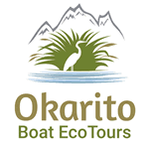



 RSS Feed
RSS Feed 